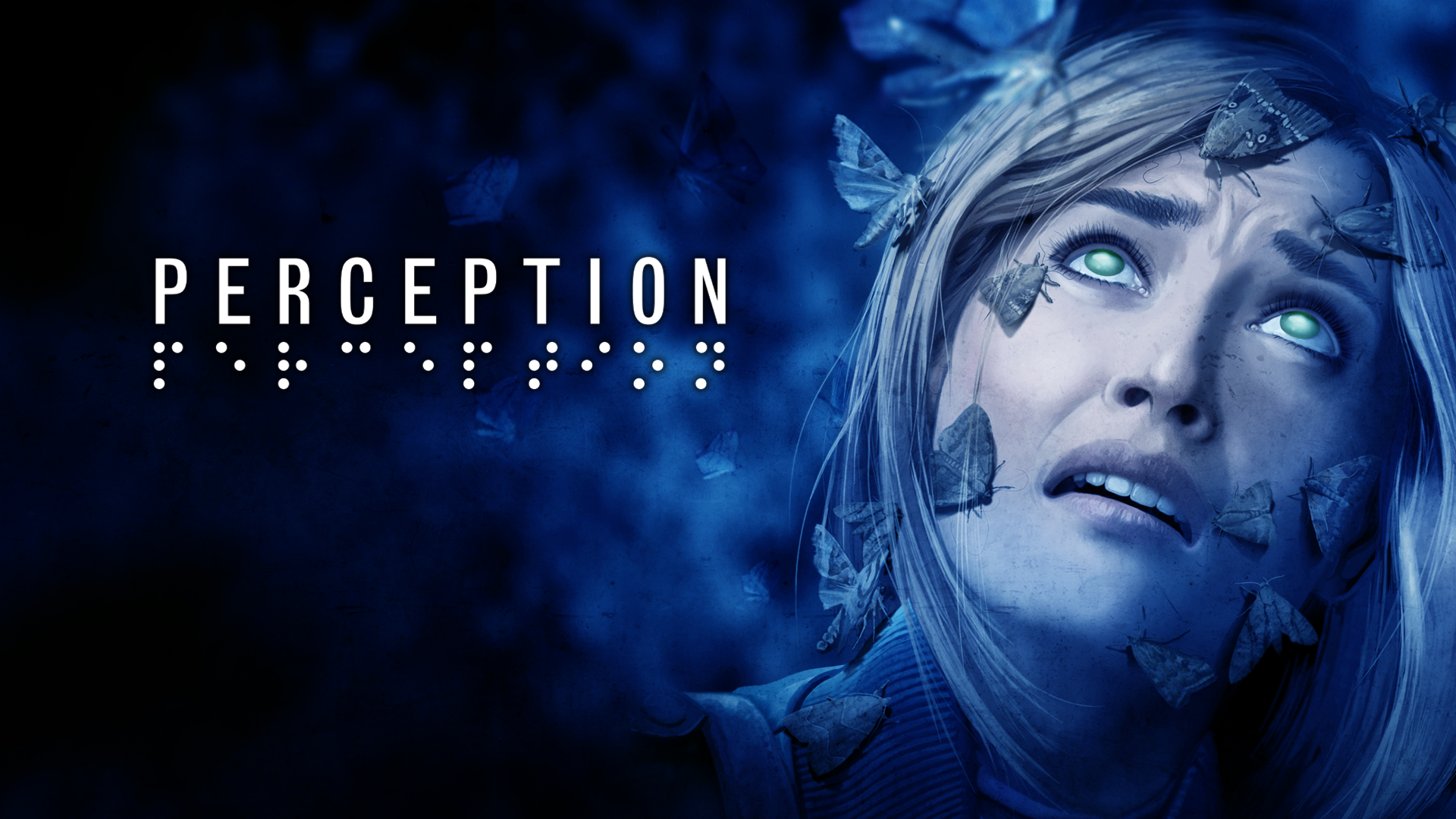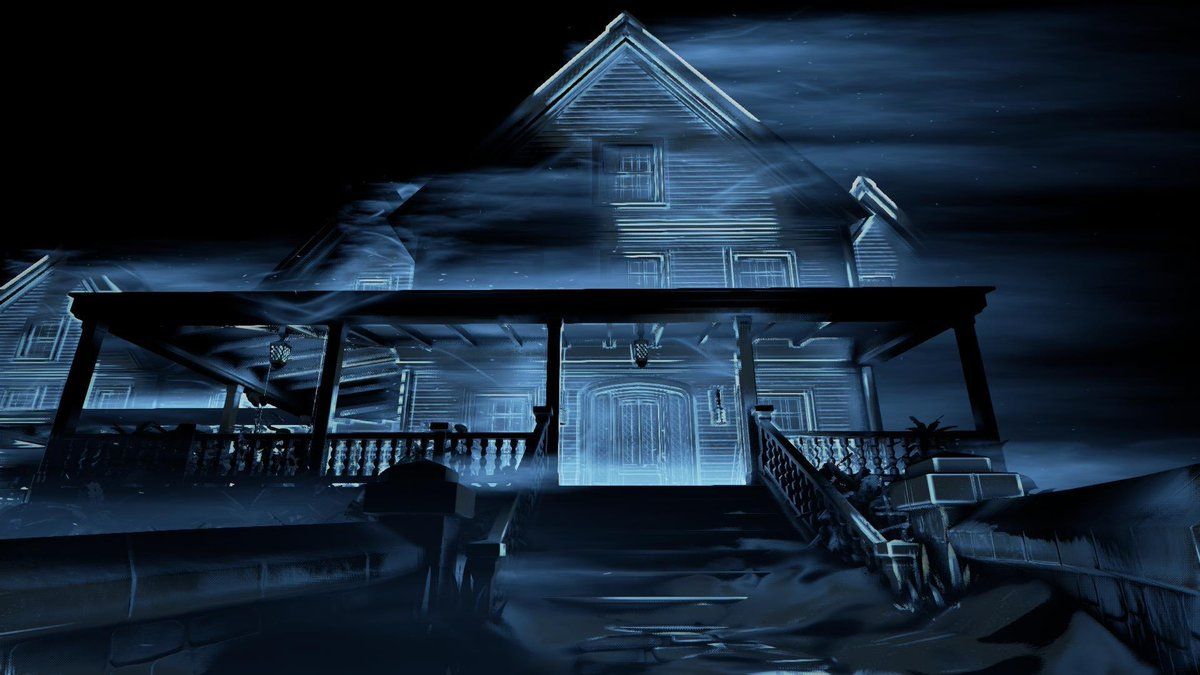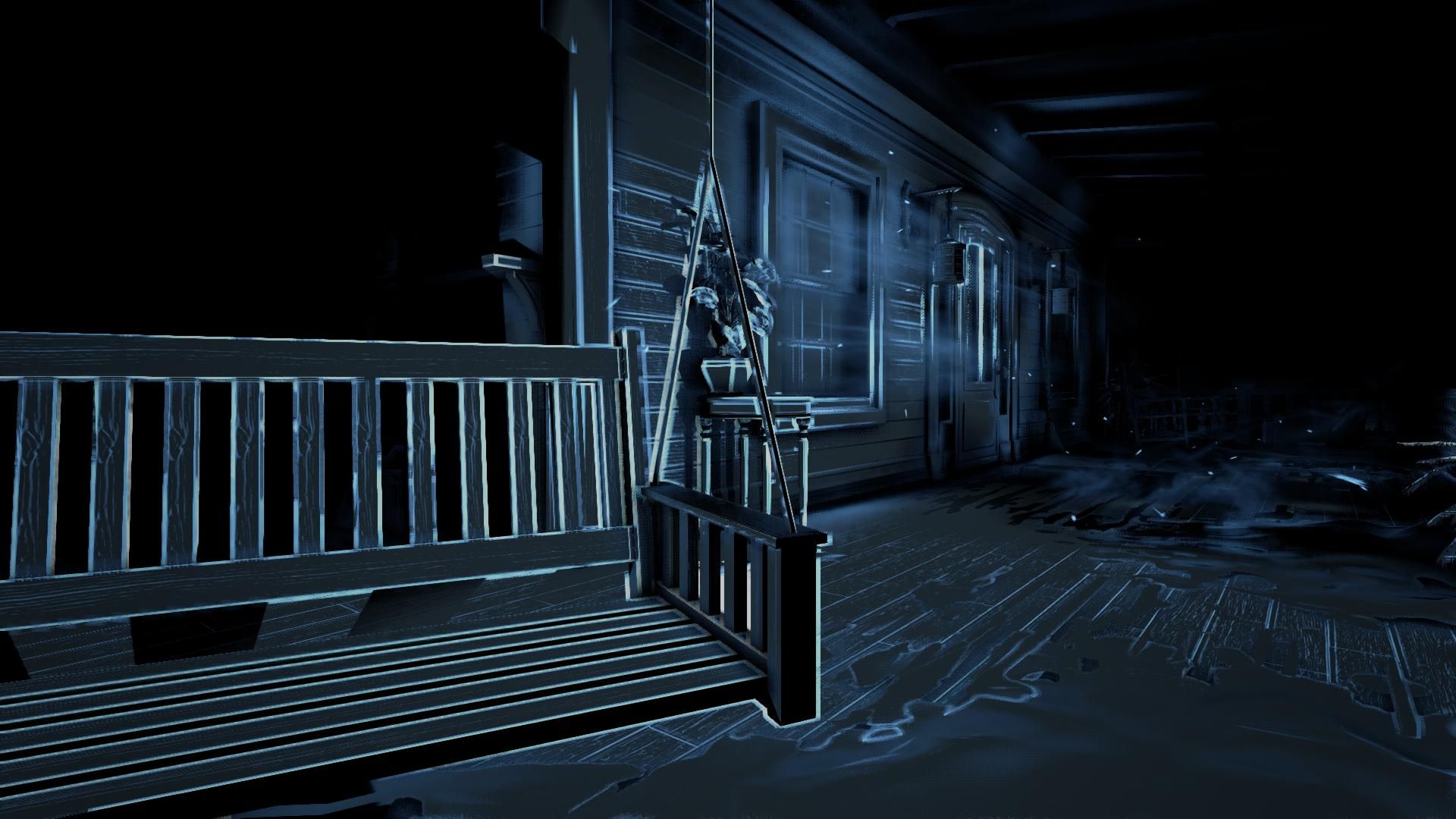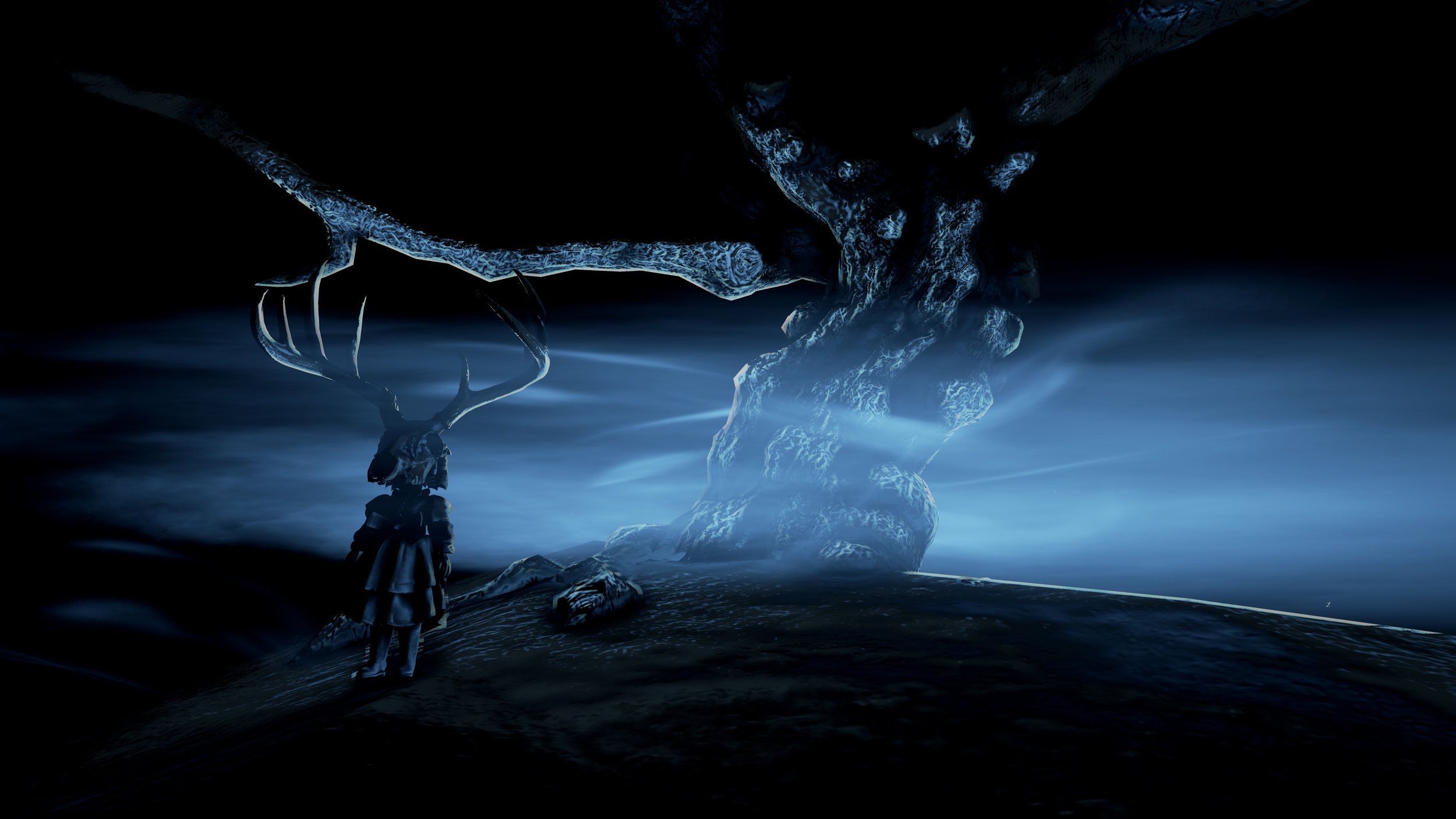Back in 2015, developer The Deep End Games -- a team comprised of ex-BioShock and Dead Space developers -- launched a Kickstarter for its debut title called Perception. A first-person narrative horror game, Perception immediately stood out in the genre because of its unique premise: you play as a blind heroine named Cassie.
After months of nightmares involving an eerie mansion and an uneasy sense being called to it, Cassie researches and eventually discovers the mysterious home is actually an abandoned mansion located in Gloucester, MA called "Echo Bluff." Upon arrival, Cassie quickly deduces something is wrong with Echo Bluff: upon further investigation, she discovers that the abandoned mansion is not as empty as she thought, but rather is occupied by a ghostly presence that has been tormenting the various inhabitants of the mansion over generations. Through letters, recordings, and time shifts, Cassie will meet new characters and see Echo Bluff in its past, and slowly begin to unravel the mystery of not only Echo Bluff, but why she is being drawn to it.
With all of that being said, DualShockers recently sat down with writer and producer Amanda Gardner and her husband and creative director Bill Gardner to have a quick chat about both Perception and the studio that the pair founded and run out of their home: The Deep End Games.
What inspired Deep End Games to make Perception and how was the idea conceived?
Bill Gardner: Throughout my career at Irrational, I’ve drawn inspiration from all over the place. With Perception in particular, I was primarily driven by a desire to try some new things with narrative and horror games. There are exceptions, but I’ve always felt that there is still a lot of opportunity to innovate in both spaces. Amanda and I are always kicking around story ideas, along with new takes on the genre.
The initial seed of Perception hit me one night in grad school when my professor threw out a challenge at the end of class. He said, “by the time you all get to your cars tonight, you’ll think of a great idea.” I usually eat this sort of challenge up, so I started running through types of games I would want to take on. Mind you, this was several months after Irrational, so I think I had a lot of pent up creativity that needed to get out. Anyhow, sure enough, by the time I put the keys in the door, Perception was there.
[pullquote] We knew we had a great story to tell and a really intriguing gameplay mechanic. We sort of just knew we had to make this game happen.[/pullquote]
When you pitched Perception to the world, were there qualms about how it would be received and how much interest it would garner, considering how it is a step out of the conventions of the horror genre? Or did you know you had something unique and worthy of eyeballs from the start?
Amanda Gardner: No, we weren't worried because we knew we had a great story to tell and a really intriguing gameplay mechanic. We sort of just knew we had to make this game happen.
How has the transition been from AAA development -- on venerated IP like Dead Space and BioShock -- to independent development?
AG: It's great because we learned so much in AAA, and are able to translate it to something we have total control over. It's really exciting!
Given that Perception focuses so heavily on the perspective of a blind character, how did your team approach the research and design of creating that experience for players? What were some of the challenges of incorporating that into the game?
BG: The main challenges were making it easy and fun for people playing while also concealing their senses quite a bit. It's a balance for sure! Too short/small a tap, and you barely see anything, and too big takes the blindness away. As far as a story goes, we didn't want Cassie to be a stereotype - we wanted her to be a very real character who also is blind.
We want people to remember Cassie for a lot of things, her bravery and personality and sense of humor, not because she can't see the way most people do. As far as inspirations for Cassie, Amanda sort of crafted together the ballsy independence of Battlestar Galactica’s Starbuck with the endearing, quippy nature of Buffy.
Sound design and audio also appear to play a very vital role in the game not just for tone and atmosphere, but also in gameplay. How did your team approach incorporating the sound design into the gameplay?
BG: Audio was CRITICAL, so much so that the first person I called to work on the project was the Audio Director from BioShock Infinite, Jim Bonney. Jim's a total genius, so to have him on our side was absolutely imperative. He's so talented, and he makes the sounds of Perception so freaking cool.
And since you use sound to see, think about what it’s like to stand inside an old house. Everything creaks, groans, and hisses. The house was very fertile ground for Jim to create unsettling soundscapes and unnerving ambiance.
[pullquote]We want people to remember Cassie for a lot of things, her bravery and personality and sense of humor, not because she can't see the way most people do.[/pullquote]
Cassie, the protagonist, gets around by tapping her cane and then using the echolocation to guide her path. However, every sound you make attracts enemies and reveals your location, and so you have to be cautious when using it. That being said, was there any consideration for individuals who like to explore every little bit of a game (and who will make a lot of noise as a result) when developing this mechanic?
AG: Yes, you can absolutely still see every inch of Echo Bluff using just your footsteps, if you're too frightened to tap too much! There's actually an achievement for that!
How long is an average playthrough of the game, and are there any features in Perception to encourage multiple playthroughs?
AG: It's about 4-6 hours, and I'd say to completely understand what happened there to everyone, I'd play through again. There's so much mystery to uncover, you'd probably not get everything the first time.
Horror games and their jump scares tend to perform quite well on YouTube and Twitch via Let’s Plays. When designing Perception, is this something that was considered: how not only to make the game a pleasure to play, but to watch?
AG: We really focused on gameplay. If a game is fun to play, we think it will be fun to watch. We tried not to go too heavy on the jump scares (although there are some), but we would rather see an overall tension in the player: a long-lasting dread.
[pullquote]Since you use sound to see, think about what it’s like to stand inside an old house. Everything creaks, groans, and hisses.[/pullquote]
Obviously, you still have to launch Perception and then support it post-launch, but do you have any vague ideas on what’s next?
AG: We're kicking around a few ideas, but nothing solid yet. Stay tuned!
Perception is poised to launch on PS4, Xbox One, and PC on May 30th. For more information on the game: be sure to check out its Kickstarter page.




